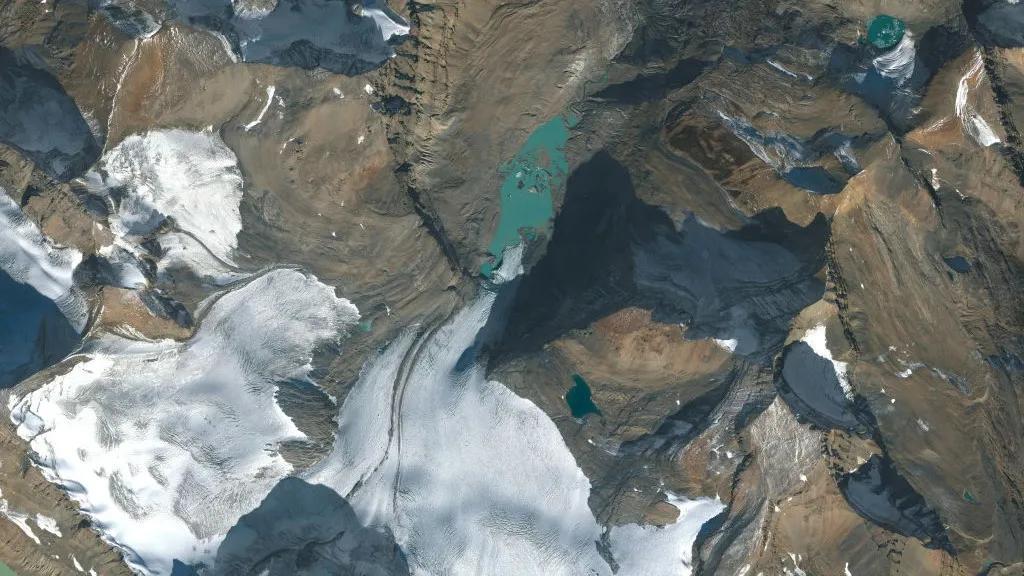
North America & Europe’s Glaciers Lost Unprecedented Ice in 4 Years: Study
Glaciers in Washington, Montana, British Columbia, Alberta, and the Swiss Alps have experienced an unprecedented ice loss between 2021 and 2024, a recent study has found. The research, which analyzed data from satellite imaging and field measurements, reveals that these glaciers have lost an astonishing amount of ice in just four years, with some experiencing a decline of up to 13%.
The study, published in the Journal of Geophysical Research: Earth Surface, highlights the alarming rate at which glaciers in North America and Europe are disappearing. The researchers analyzed data from 2021 to 2024 and compared it to the previous decade, from 2010 to 2020. The results show that the glaciers lost twice the amount of ice in the four-year period than they did in the previous decade.
The study found that the glaciers in the United States and Canada, specifically in the states of Washington, Montana, British Columbia, and Alberta, lost an average of 24.5 billion tons of ice per year. In contrast, the glaciers in the Swiss Alps lost an average of 1.7 billion tons of ice annually.
The research team, led by Dr. Joel Harper of the University of Colorado Boulder, used a combination of satellite imaging and field measurements to track the changes in the glaciers. They analyzed data from the Advanced Land Imager (ALI) and the Operational Land Imager (OLI) on NASA’s Landsat 8 satellite, as well as data from the European Space Agency’s Sentinel-2 satellite.
The team also conducted field measurements at several glaciers in the study area, including the Numbas Glacier in British Columbia and the Grinnell Glacier in Montana. These measurements provided valuable insights into the dynamics of the glaciers and helped the researchers to validate their satellite data.
The study’s findings are significant because they provide a clear picture of the rapid change occurring in glaciers around the world. Glaciers play a crucial role in regulating the Earth’s climate, and their melting can have significant impacts on sea levels, water supplies, and ecosystems.
The research also highlights the importance of continued monitoring and study of glaciers. As the climate continues to change, it is essential to track the changes in glaciers to better understand the impacts of climate change and to develop effective strategies for mitigating its effects.
The study’s lead author, Dr. Joel Harper, emphasized the urgency of the situation, stating, “Glaciers are losing ice at an unprecedented rate, and it’s essential that we continue to monitor and study them to better understand the impacts of climate change.”
The researchers hope that their study will contribute to a greater understanding of the importance of glaciers and the need for continued research and monitoring. As the climate continues to change, it is essential that we work together to protect these critical components of our planet’s ecosystem.
Source:
Harper, J. T., et al. (2025), Unprecedented ice loss from North American and European glaciers from 2021 to 2024, Journal of Geophysical Research: Earth Surface, 10.1029/2025GL115235.
https://agupubs.onlinelibrary.wiley.com/doi/10.1029/2025GL115235






